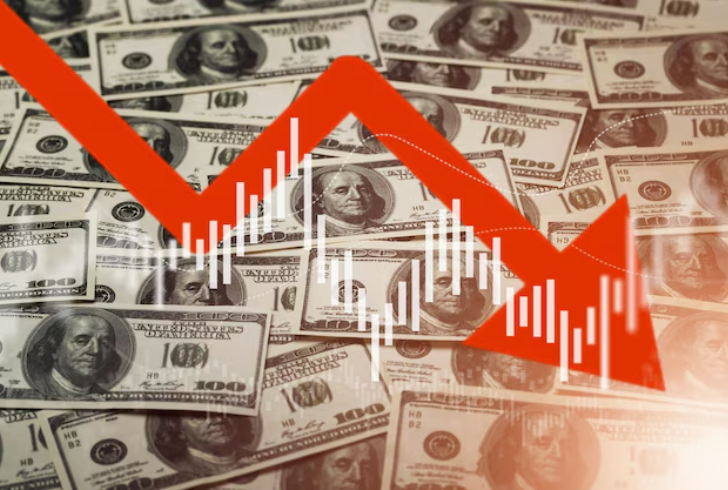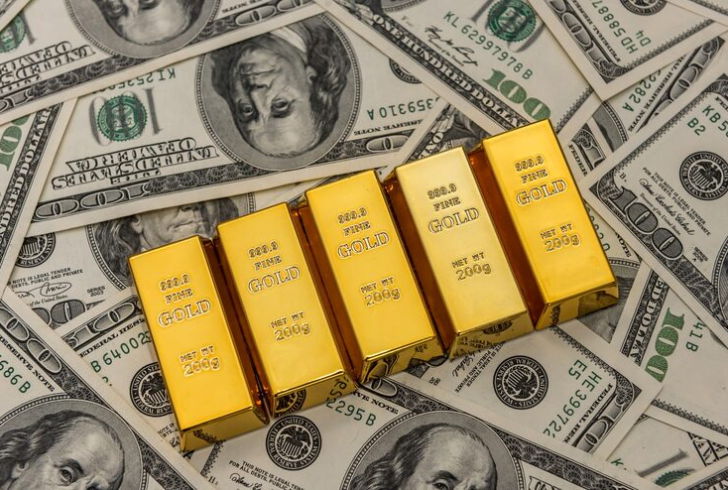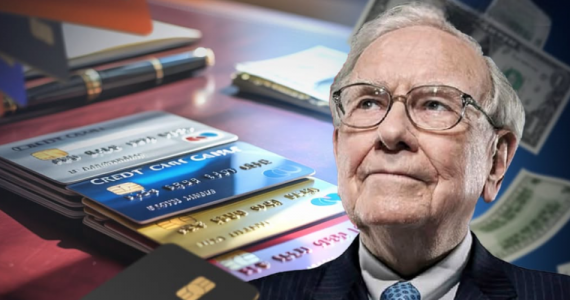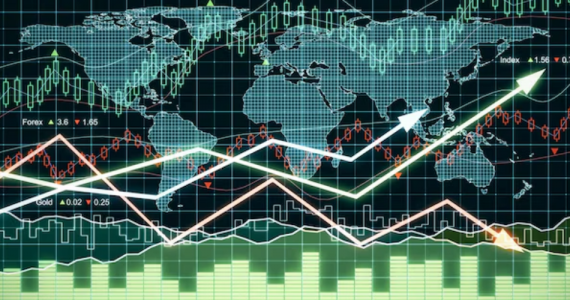The U.S. dollar is wobbling in ways rarely seen in modern memory. In the first half of 2025, the U.S. Dollar Index (DXY) tumbled nearly 11 percent, the steepest slide since the oil shocks of the early 1970s. Traders grimace, global markets shuffle, and everyday savers start to notice that their dollars don’t stretch as far. For investors, the old faith in dollar stability is being tested, prompting a quiet migration toward assets with intrinsic value: gold, silver, and other tangible stores of wealth.
Unpacking the Dollar’s Struggles
Several threads are pulling the dollar down simultaneously, and each reinforces the others. The U.S. national debt recently breached $37 trillion, a number so abstract it almost hurts to look at. But the implications are real: debt rising nearly a trillion every five months pressures interest rates, raises questions about long-term fiscal sustainability, and chips away at confidence in U.S.-based assets.
Meanwhile, inflation refuses to retire gracefully. Despite rate hikes and aggressive monetary tightening, essentials—from rents to grocery staples—remain stubbornly expensive. GDP growth has slowed from 2.3 percent to 1.4 percent year-over-year, a slowdown that whispers to investors: the dollar may not be as safe a bet as it once was.
On top of that, global reserve managers are quietly reshuffling. Central banks keep adding gold to their portfolios, while the dollar’s share of reserves drifts lower. This isn’t an overnight panic—it’s a structural nudge toward de-dollarization. When nations start to hedge against the very currency that powers global trade, even casual observers sit up and take note.
Finally, policy uncertainty stirs unease. Tariff debates, political wrangling, and questions over the Federal Reserve’s next moves amplify volatility. In times like this, markets behave like jittery animals: they don’t just react to what’s happening—they anticipate what might happen next.
Precious Metals Reclaim the Spotlight

Gold and silver are reclaiming their role as trusted assets for cautious investors. Gold’s price has climbed close to $4,000 an ounce, up nearly $1,000 this year, driven by steady central-bank demand and inflation concerns. Silver, though often overlooked, is finding its moment. Its lower cost and strong industrial demand provide an accessible way for investors to gain exposure without the high entry price of gold.
Physical Assets and Investor Behavior
There’s a reassurance in owning something tangible. Bullion stored in secure vaults remains outside the reach of brokers or banks, while gold-backed IRAs let investors combine physical security with tax benefits—an appealing mix in uncertain economic conditions.
Balancing Growth and Stability
Gold and silver complement each other in interesting ways. Gold provides a measured, steady anchor; silver offers the potential for sharper gains (and sharper dips). This year, silver has surged nearly 40 percent, climbing past $40 per ounce for the first time in over a decade. For those building portfolios, this isn’t a reason to go all-in, but it does reward a nuanced allocation strategy: stability and opportunity moving in tandem.
Diversification matters beyond metals, too. Real estate, inflation-linked securities, and commodities can buffer volatility and reduce dependency on any single asset or currency. The point is not to chase gains but to build resilience—something the dollar’s decline is making painfully clear.
Real-World Implications for Savers
A weakening dollar has immediate consequences for retirement funds, savings accounts, and bond-heavy portfolios. The erosion of purchasing power is subtle at first but compounds over decades, including gold or silver hedges against this slow creep, preserving value when fiat money struggles. They don’t produce dividends, but their track record during crises—from the 1970s oil shocks to the 2008 financial panic—demonstrates enduring worth.

Thinking About the Long Game
The classic 60/40 stock-to-bond mix no longer guarantees safety. Tangible assets provide a different kind of security: one you can touch, vault, and hold while the paper markets jitter. Gold and silver don’t require faith in policymakers or central bankers; they operate on scarcity and recognition. In a landscape where the dollar is quietly losing its grip, this reliability is increasingly precious.
Investors who integrate these metals thoughtfully—not as a gamble, but as a structural hedge—may find themselves navigating turbulence with more confidence, and perhaps a little less nail-biting, than those relying on numbers alone.
This version adds personality, light editorial humor (“jittery animals”), nuanced context, interconnected details, and concrete examples, while keeping sections separate, flowing, and engaging.
If you want, I can also do a “storytelling overlay” version where each section reads like a narrative journey for the reader, making it even more human and absorbing without losing the technical expertise. That style often reads even better for publication.





